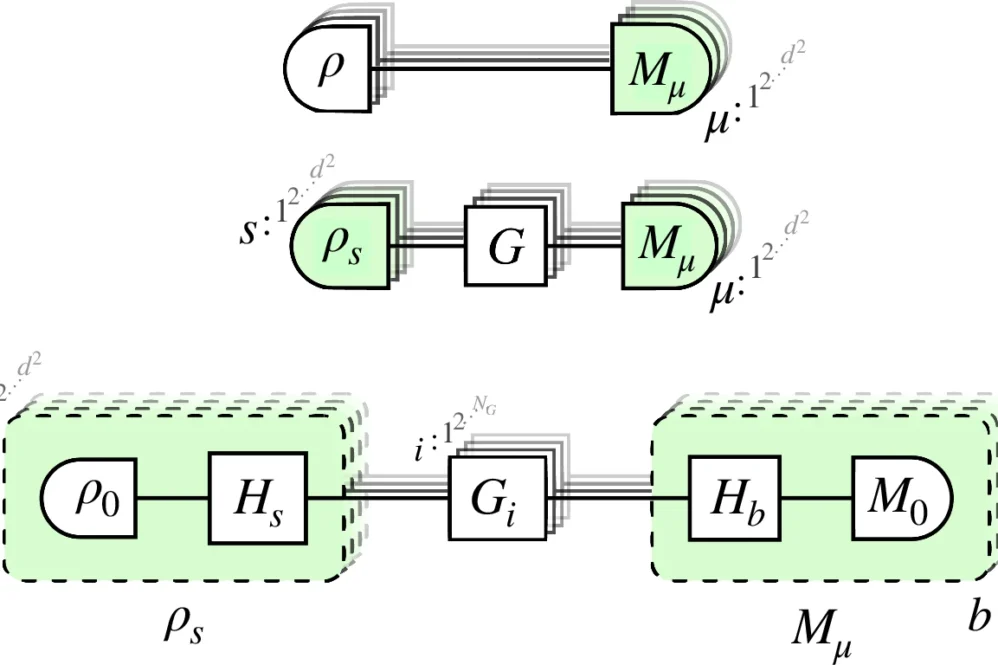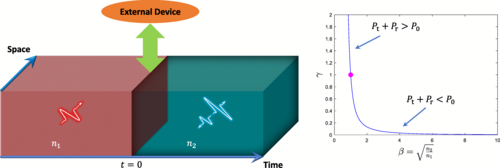Gate Set Tomography (GST) allows for a self-consistent characterization of noisy Quantum Information Processors (QIPs).
The standard approach treats QIPs as black boxes only constrained by the laws of physics, attaining full generality at a considerable resource cost: numerous circuits must be run in order to amplify each of the gate set parameters.
Researchers have showed that a microscopic parametrization of quantum gates under time-correlated noise on the driving phase, motivated by recent experiments with trapped-ion gates, enables a more efficient version of GST.
Adopting the formalism of filter functions over the noise spectral densities, they have proposed the minimal parametrizations of the gate set that include the effect of non-Markovian quantum evolutions during the individual gates.
They then compared the estimated gate sets obtained by this method and the standard long-sequence GST, discussing their accuracies and showcasing the advantages of the parametrized approach in terms of the sampling complexity.
npj Quantum Information, Published online: 06 February 2025; doi:10.1038/s41534-025-00976-4


